by Marcin Lipski | Jan 21, 2025 | Physiology, Recovery, Research
Eccentric training is more than just a sub-method in the “strength” category of S&C. It’s foundational, yet often neglected. Think about it: at least 50% of actions in team sports are decelerations—sometimes more (Silva et al., 2023). You see this as a...
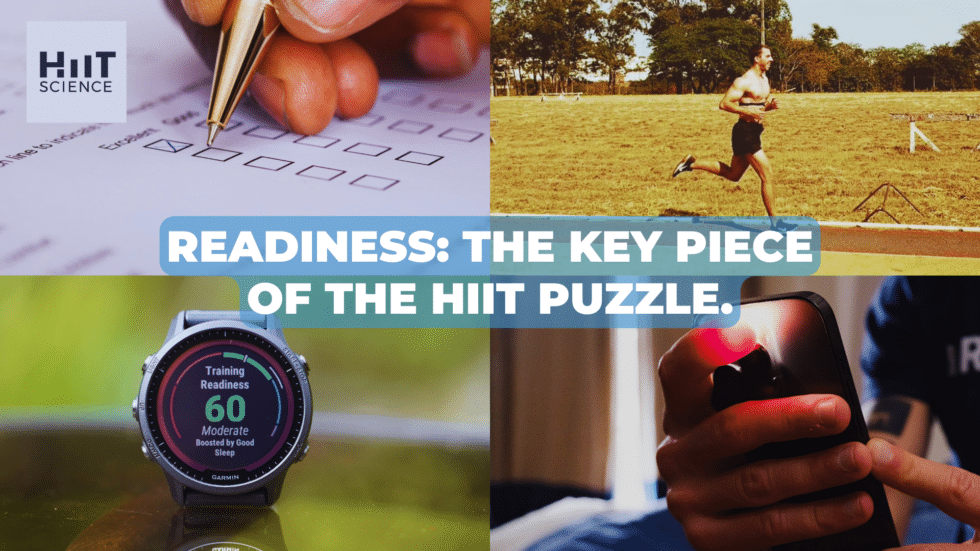
by Diego Hilgemberg Figueiredo | Jun 26, 2023 | HIIT, Physiology, Psychology, Recovery, Research, Uncategorized
Background Before I can share a bit about the promising results of our latest article published in the Journal of Sports Science, I consider it important to highlight the reasons and motivations that led me to pursue my PhD on the training monitoring and...
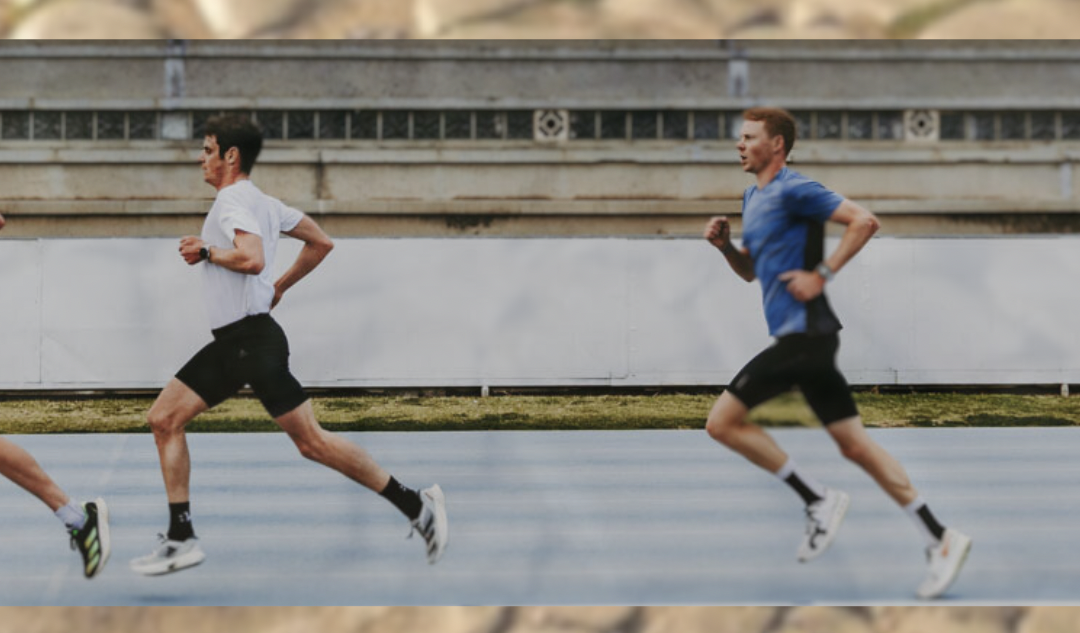
by Jacopo Stafuzza | May 29, 2023 | HIIT, Physiology, Research
Every coin has two sides – what is recovering in HIIT? VO2max is defined as the highest rate at which oxygen can be absorbed and utilized by the body during severe exercise (Hill and Lupton 1923). It represents one of the most important parameters for the...
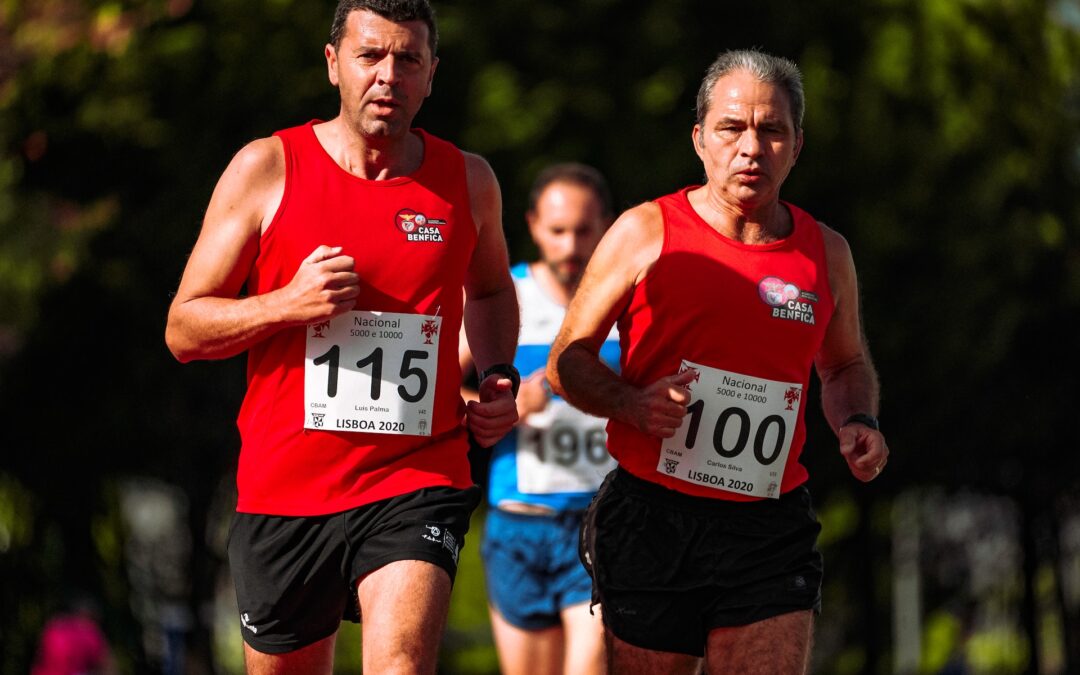
by Bas Van Hooren | Apr 28, 2023 | Physiology, Research
Aging is associated with lowered performance across most sports that include a heavy physical component, including running. Yet, an increasing number of elderly individuals engaged in running are interested in optimizing their performance. What does the science...
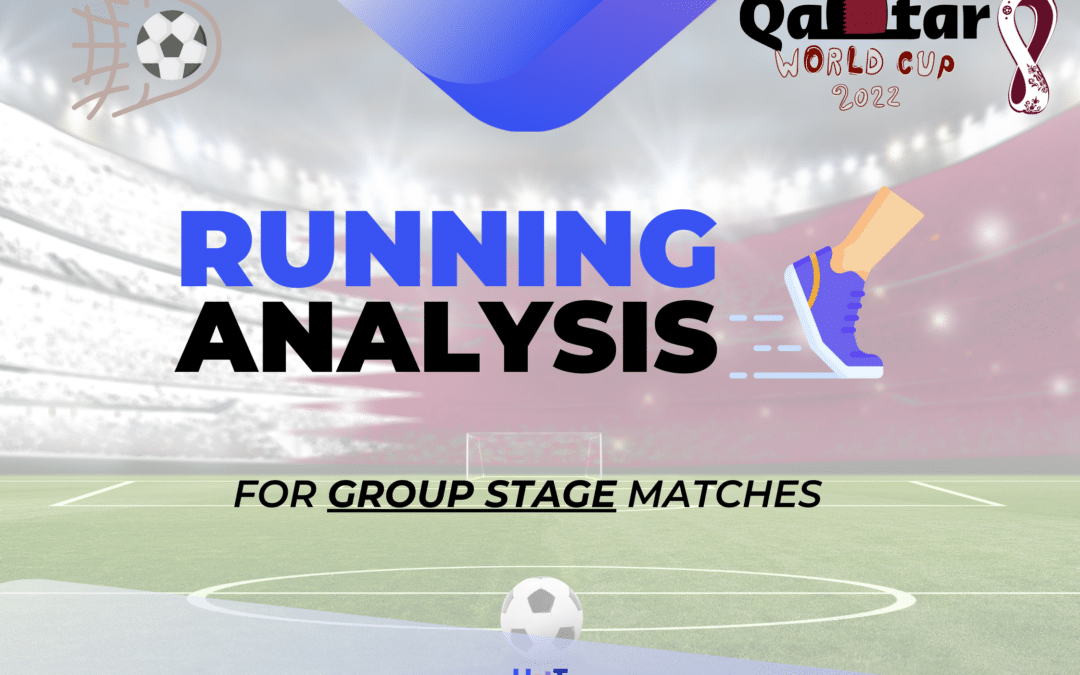
by Marcin Lipski and Alexandre Dellal | Dec 16, 2022 | HIIT, Physiology
Qatar 2022 Football World Cup Running Analysis: Group Stages Part 1 In this short blog, we summarize the highest physical performers across the group stages of the 2022 Qatar Football World Cup. Although we understand the limitation of such “cherry-picked” data, we...
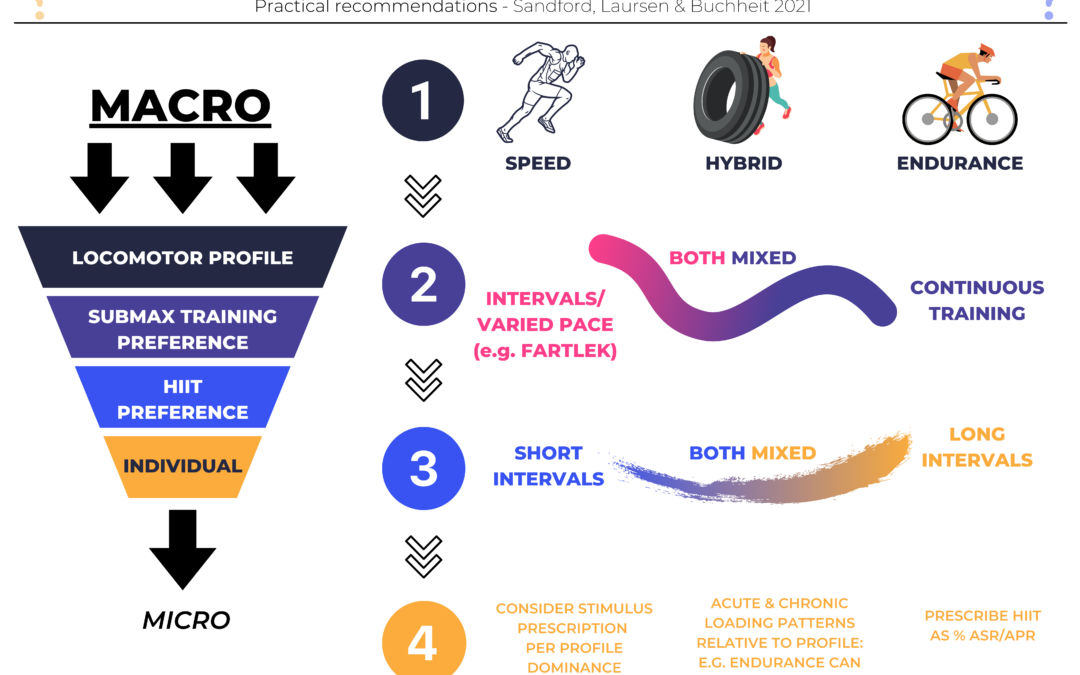
by Gareth Sandford | Aug 8, 2022 | HIIT, Physiology
Intro and recap of key terminology. Many individual and team sport events require extended periods of exercise above the speed or power associated with maximal oxygen uptake (i.e., maximal aerobic speed/power, MAS/MAP). In the absence of valid and reliable measures of...






